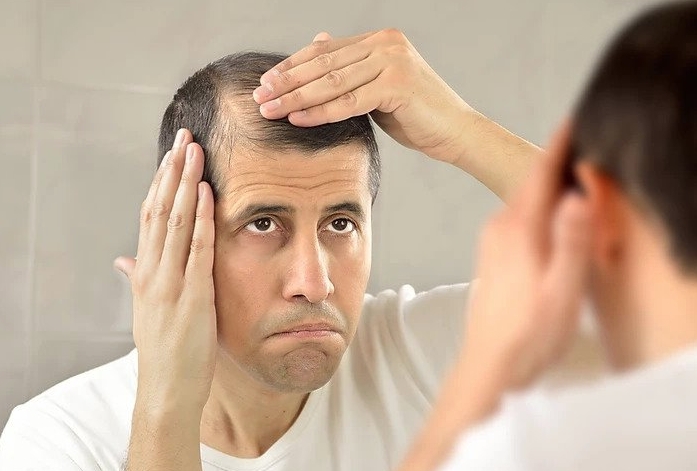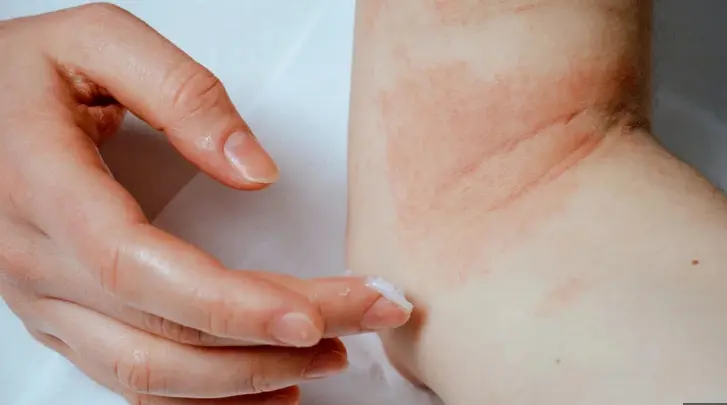Understanding Hair Loss Treatments
Hair loss can occur for many reasons, including genetics, hormonal imbalances, stress, and certain medical conditions. Different treatments are designed to address the specific causes of hair loss, ranging from medications and topical solutions to surgical interventions. Finding the right treatment depends on understanding the type of hair loss, its severity, and the underlying cause.
Some common hair loss treatments include:
- Topical solutions: Minoxidil, a widely used product, stimulates hair growth when applied to the scalp.
- Oral medications: Treatments like finasteride target hormonal imbalances that lead to hair loss.
- Low-level laser therapy: A non-invasive option that uses light to stimulate hair follicles.
- Hair transplants: Surgical procedures that move healthy hair follicles to thinning or bald areas.
Hair Regrowth for Men
Hair regrowth treatments for men often focus on androgenetic alopecia, or male pattern baldness, which is primarily caused by genetics and hormones. Men tend to experience hair thinning at the temples and crown or a receding hairline.
Common hair regrowth treatments for men include:
- Minoxidil (Rogaine): This FDA-approved topical solution helps increase hair density by improving blood flow to hair follicles. It is applied twice daily and can slow down or even reverse hair loss.
- Finasteride (Propecia): A prescription oral medication that blocks the hormone DHT, which contributes to hair loss in men. It is effective in stopping further hair loss and may even promote regrowth.
- Hair transplants: In advanced stages of baldness, hair transplants like follicular unit extraction (FUE) can restore lost hair permanently by transplanting follicles from areas with dense hair growth to balding areas.
These treatments, especially when used consistently, have shown success in slowing hair loss and, in some cases, regrowing hair for men.
Hair Regrowth for Women
Women experience hair loss differently than men, often characterized by overall thinning rather than receding hairlines or bald spots. Hormonal changes, such as those occurring during pregnancy or menopause, stress, and genetics, can lead to hair loss in women.
Effective hair regrowth treatments for women include:
- Minoxidil for Women: This over-the-counter topical treatment is also approved by the FDA for female pattern baldness. It can help slow hair thinning and, with consistent use, may promote hair regrowth along the crown and part line.
- Low-level laser therapy: This non-invasive treatment involves using a laser device, such as a comb or cap, to stimulate hair follicles and encourage growth. It’s a popular option for women seeking non-medication-based solutions.
- Hormone therapy: For women experiencing hair loss due to hormonal imbalances, such as during menopause, hormone therapy may be prescribed to regulate these changes and support hair regrowth.
Women should consult with a healthcare provider to determine the cause of their hair loss and choose the most effective treatment plan.
Best Hair Loss Treatments
When it comes to choosing the best hair loss treatment, the right solution depends on the individual’s condition, the severity of hair loss, and personal preferences. Some of the top treatments include:
- Minoxidil (Rogaine): Available for both men and women, this treatment is one of the most effective and widely recommended for promoting hair regrowth.
- Finasteride: Primarily for men, finasteride has shown significant success in slowing hair loss and encouraging hair regrowth by targeting the hormonal causes of hair thinning.
- Hair transplant surgery: This offers a permanent solution for severe hair loss, though it is more costly and requires recovery time.
- Low-level laser therapy: This option is increasingly recognized as a safe, effective, and non-invasive method for stimulating hair follicles and promoting new growth.
Combining different treatments, such as using minoxidil with laser therapy, can provide better results for individuals experiencing more significant hair thinning.
Conclusion
Hair loss can be challenging, but numerous effective treatments are available to combat it. Whether you are a man experiencing male pattern baldness or a woman dealing with thinning hair, options like minoxidil, finasteride, laser therapy, and hair transplants offer promising solutions. The best hair loss treatment depends on your unique situation, and consulting with a healthcare professional can help you choose the right approach to regain confidence and restore healthy hair growth.








